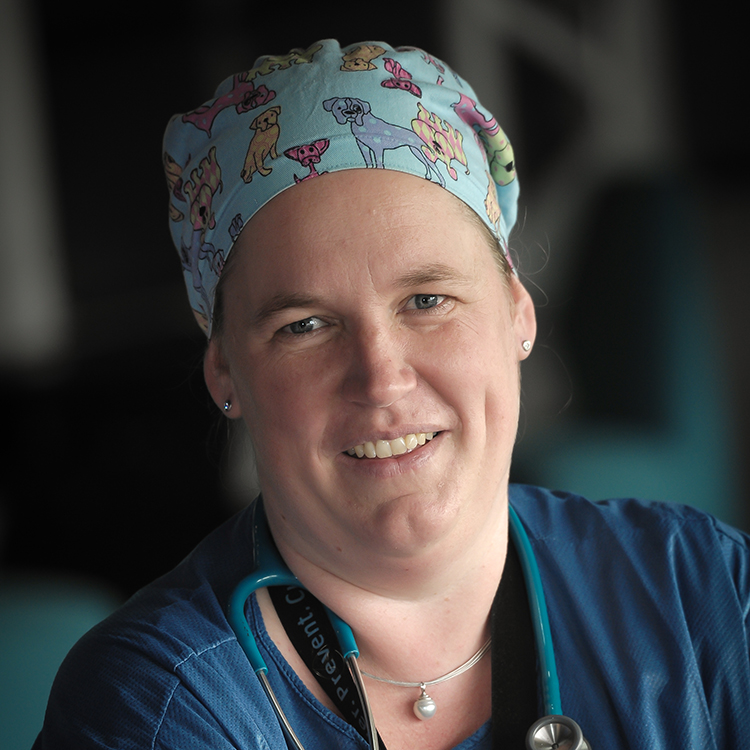Search
Research
A pilot implementation study of a chronic pain core outcome set and decision tree for children and young people with cerebral palsyThis study aimed to (i) develop a decision tree to guide clinicians to use a core outcome set (COS) of chronic pain assessment tools specific to children and young people with cerebral palsy and (ii) pilot test the implementation of the decision tree and core set in clinical practice.
Research
Current Practices and Priorities of Anesthetists and Consumers for Infants Undergoing Inguinal Hernia SurgeryThere is a paucity of data on the chosen anesthesia management for infant inguinal hernia surgery. We aimed to characterize self-reported anesthetic practice in Australia and New Zealand. We also aimed to identify the outcomes that matter to both anesthetists and to parents and carers.
Research
Relationship between group B Streptococcal rectovaginal colonization and Vitamin D deficiency in pregnant womenVitamin D has been recognized to have a significant impact on modulating immune response in the host body. The relationship between deficiency of Vitamin D and rectovaginal colonization with Group B Streptococcus (GBS) in pregnant women is still not well understood.
Research
Co-design of school-based strategies and supports for Aboriginal and Torres Strait Islander youth living with type 2 diabetes: A qualitative studyYouth-onset type 2 diabetes is an emerging condition impacting Indigenous populations worldwide. Schools have an important role in supporting students to manage their health. We undertook a qualitative study to (i) explore the lived experience of type 2 diabetes, diabetes management and support in school environments and (ii) co-design recommendations for age-appropriate, culturally safe school-based strategies and supports. Interviews and focus groups were undertaken with Aboriginal and Torres Strait Islander youth, caregivers, health professionals and school-based staff. Aboriginal and Torres Strait Islander youth were involved in determining the research topic.
Research
Boosting the influenza vaccine schedule in children with cancer: a prospective open-label studyCurrent immunization guidelines recommend one dose of influenza vaccine for children aged ≥9 years and two doses for younger or vaccine-naïve children. However, children receiving chemotherapy have an attenuated immune response. We performed a prospective open-label study in children undergoing treatment for cancer at Perth Children's Hospital, Western Australia, to examine the safety and efficacy of a boosted influenza schedule.


People
Professor Britta Regli-von Ungern-Sternberg AM FAHMSChair of Paediatric anaesthesia, University of Western Australia; Consultant Paediatric Anaesthetist, Perth Children’s Hospital; Head, Perioperative Medicine



